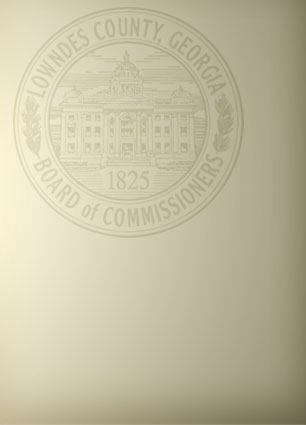 This difficult and complicated rezoning case went to all three of the Planning Commission, the Zoning Board of Appeals, and the Lowndes County Commission. First, here are videos of REZ-2012-09 Copeland at the Greater Lowndes Planning Commission (GLPC), 21 May 2012.
This difficult and complicated rezoning case went to all three of the Planning Commission, the Zoning Board of Appeals, and the Lowndes County Commission. First, here are videos of REZ-2012-09 Copeland at the Greater Lowndes Planning Commission (GLPC), 21 May 2012.
Presenting the Rezoning Application
This is case REZ-2012-09 Copeland, 3258 & 3264 Loch Laurel Rd, R-A & R-1 to C-C, well & septic, ~5 acres.
- County Planner Jason Davenport presented the case.
 The request is to rezone about 5 acres of the subject property to from Residentidal Agriculture (R-A) and R-1 to Crossroads Commercial Zoning (CC). He noted that Mr. Copeland was not proposing a new use of the property, but:
The request is to rezone about 5 acres of the subject property to from Residentidal Agriculture (R-A) and R-1 to Crossroads Commercial Zoning (CC). He noted that Mr. Copeland was not proposing a new use of the property, but:It’s just he’s had a history of not operating with current zoning.
Davenport said part of that was the fault of the county for not keeping up with what was going on, and part of it was to the credit of the applicant for operating in such a way he hadn’t disturbed his neighbors. And the case itself was very difficult.
It was so challenging it split the staff.
The staff meet as the Technical Review Committee (TRC) about cases before they get to the GLPC. New material before the GLPC, he said, included a new survey.
- Ted Raker (GLPC for City of Hahira) had a question:
 This survey has changed from what the original packet indicated, and the differences of opinion among the staff was prior to this change?
This survey has changed from what the original packet indicated, and the differences of opinion among the staff was prior to this change?Davenport said when staff voted they had no survey, but he didn’t think the survey changed their opinions, since what they thought applicant was proposing was pretty much what the survey indicated.
-
 Ryan Warren (GLPC for City of Dasher) wanted to know the entrance road frontage width.
Ryan Warren (GLPC for City of Dasher) wanted to know the entrance road frontage width.
Jason Davenport’s answer was he believed the survey indicated 60 feet width.















